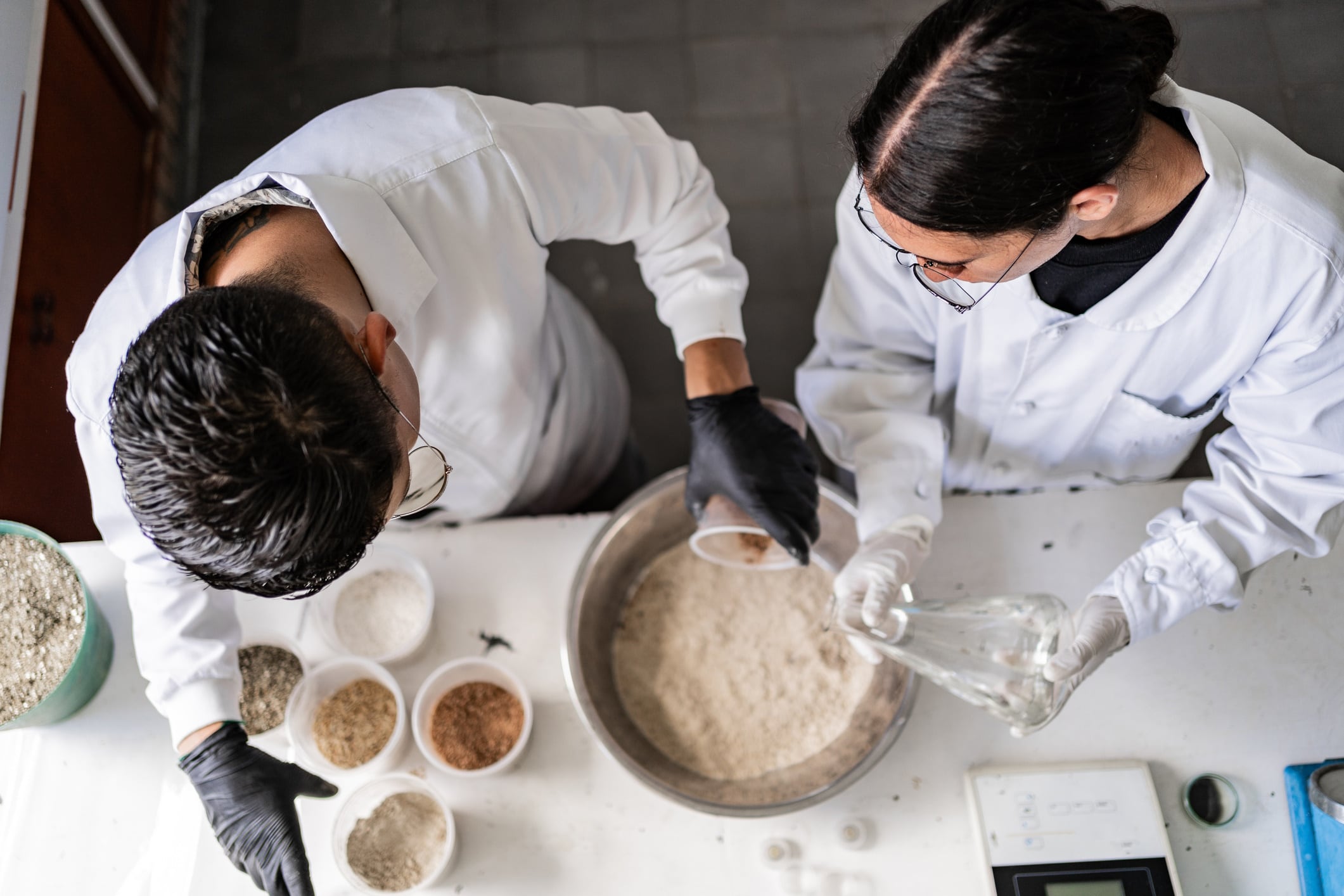A leaked draft of the delayed second Make American Healthy Again report relies on voluntary compliance rather than regulation – a play HHS Secretary Robert F Kennedy successfully used for early wins, but which critics warn may fall short of driving broader change.
Industry and public health advocates expected the second report from the Make America Healthy Again Commission, which missed its Aug. 15 deadline, would outline how the Trump administration would address the rise in childhood chronic disease documented in the commission’s initial report published May 22.
The draft was light on specifics and new regulations, but it listed several regulatory initiatives already underway, including revisions to front-of-pack nutrition information, reforming the Generally Recognized as Safe designation, enhancing an evidence-based post market review process for food chemicals and defining ultra-processed food.
It floats several deregulatory actions and emphasizes education and voluntary actions as impetus for change.
Draft touts deregulation as enhanced consumer choice and easier innovation
The draft’s focus on deregulation reflects the Trump administration’s efforts to cut red tape, including an executive order that for every new regulation, 10 existing regulations must be removed.
Examples of deregulation in the report include several that benefit the dairy industry.
Among them is removing restrictions to whole milk sales in schools, a move lobbied for by US dairy with bipartisan support, as seen in the Whole Milk and Healthy Kids Act, but which public health advocates have pushed against for fear of excessive saturated fat intake.
The leaked draft also includes eliminating mandatory reduced-fat requirements in federal nutrition programs, such as WIC, “to allow consumer choice,” and removing “barriers preventing small dairy operations from processing and selling their own milk products locally.”
Other deregulatory efforts target retail, including “eliminating zoning restrictions that prevent mobile grocery units from serving food deserts,” fast-tracking permits for grocery stores in underserved areas and incentivizing grocers to provide fresh, frozen, canned and dried fruits and vegetables.
It also includes removal of “outdated and unnecessary food standards of identity that stifle innovation and no longer protect consumer interests.”
This is not a new idea. The agency floated pulling back SOIs in a public meeting in September 2019 and earlier this summer revoked 52 “obsolete and unnecessary” standards for dairy, baked goods, fish products, canned produce and more.
The draft also includes several agricultural deregulation points, including “streamlining organic certification process and reduce costs for small farms transitioning to organic practices.”
Critics call out vague commitments and reliance on voluntary compliance
The leaked draft also leans heavily on words such as “explore” and “consider” – which garnered harsh criticism from the Center for Science in the Public Interest.
“The report seems to twist itself into knots to make it clear that it will not be infringing upon food companies,” said Aviva Musicus, the science director for the Center of Science in the Public Interest.
As an example, she pointed to the draft report’s assertion that HHS and the Federal Trade Commission “will explore development of potential industry guidelines to limit the direct marketing of certain unhealthy foods to children.”
The draft also notes HHS and FDA “will continue working with industry partners in support of the phase out and abandonment of petroleum-based food dies (FD&C certified colors) and other potential food additives of concern and will highlight success stories of the private sector.”
To date, the phase out has been voluntary – with some players explaining while they are removing the colors they believe they are safe based on previous government assessments. There are no proposed regulations by the government to deauthorize prominently used FD&C certified colors.
In the same section, the report says, “HHS and FDA will work with government partners and industry to find ways to lower added sugar and sodium in packaged food.” Once again, the report stops short of calling for regulatory requirements, like those pursued by previous administrations.
Does the report emphasize education over enforcement?
The MAHA Commission’s draft also emphasizes education as an impetus for change – rather than enforcement or tighter regulations – which triggered criticism from CSPI.
For example, the draft says, “FDA will educate the public regarding the dangers of synthetic opioids,” such as 7-OH or “natural kratom,” and “educate parents and businesses that the Administration will not allow unapproved vaping products targeting children.”
CPSI’s Musicus characterized the focus on education for alcohol, vaping and opioid use as bizarre given “many opportunities for regulations that we know would help.”
She added: “Personal responsibility doesn’t work in a broken system. The fix is government action, not industry self-regulation.”
Draft exposes maligned MAHA and MAGA priorities
Critics also complain that the report undercuts the priorities of the Make American Healthy Again movement and contradicts those of the Make America Great Again movement.
This tension is in the reaction to the report’s points around pesticides and other agricultural inputs that MAHA previously called out for reform and but which MAGA’s farmer base disliked.
“Trump’s MAHA Commission draft strategy is a gift to the agrochemical industry and a slap in the face to the health of the American people and the MAHA voters that helped elect him,” said Kari Hamerschlag, deputy director of the food and agriculture program at Friends of the Earth.
“Instead of protecting families from toxic pesticides, it proposes speeding up approvals and launching PR campaigns to convince the public that chemicals are safe because EPA has ‘robust review processes,’” she added.
Friends of the Earth and CSPI also noted how many of the report’s recommendations contradict actions by the Trump administration.
“It’s quite rich for an administration that is plunging the country into a nutrition security and food safety nightmare to now promise to make American healthy ‘again,’” said Musicus.
“The administration’s so-called Big Beautiful Bill is pushing healthy food out of reach for millions of Americans and is ripping health care coverage from millions more. The administration, with the help of DOGE, has totally upended biomedical research in America, delaying progress on fighting cancer, diabetes, Alzheimer’s and other diseases,” she added.
Friends of the Earth also argued, “USDA has gutted programs that provide fresh, healthy foods to schools and food banks, cut farm-to-school grants, eliminated infrastructure support for small farmers and ranchers, cut thousands of conservation staff and cancelled billions of dollars’ worth of conservation projects – all actions that directly contradict the report’s own recommendations.”
Harmerschlag added: “If the Administration is serious about kids’ health, it should reverse course and provide funding for schools to source local food and cook meals from scratch.”
“USDA also needs to reform its own purchasing programs by diversifying suppliers, phasing out processed meats and disallowing the conversion of USDA subsidized commodities into ultra-processed products,” Harmerschlag said.



